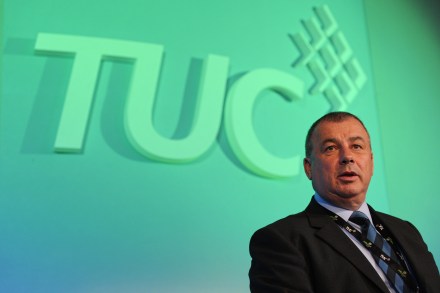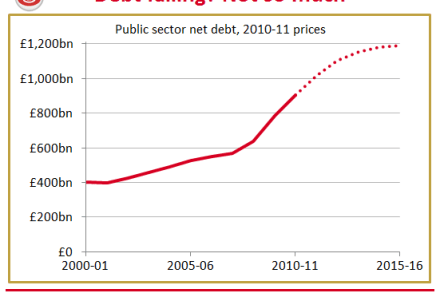Union bosses: Thanks for the concessions, but the strike’s still on
The TUC have just released a statement responding to the tweaked public sector pensions package that I blogged about earlier. It is, in part, fairly conciliatory; saying that the group welcomes “this movement in the government’s position”. But it does end with a warning: “unless and until further real progress is made and acceptable offers are made within those negotiations, unions remain firmly committed to continuing their preparations for the planned day of action on November 30.” Anyway, here’s the full text: “At the meeting earlier today Danny Alexander and Francis Maude outlined a number of new proposals to the TUC negotiating team, including an improvement in the proposed



















